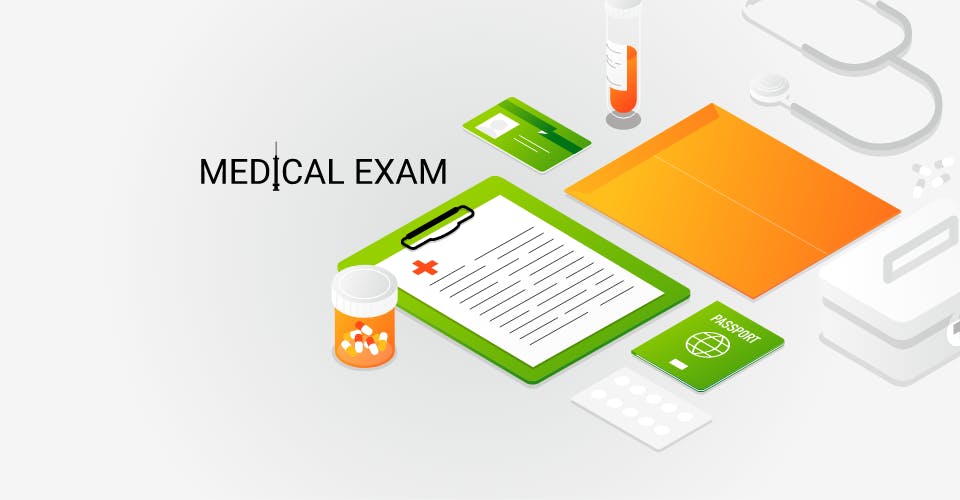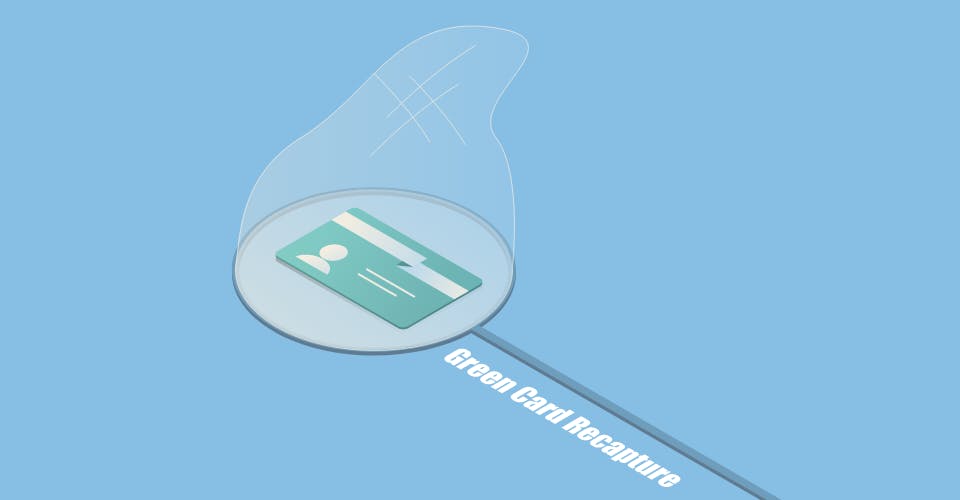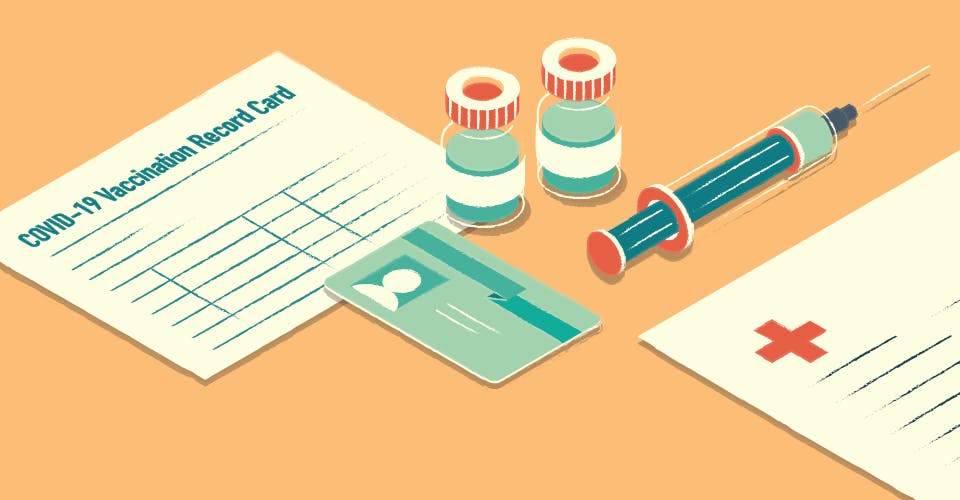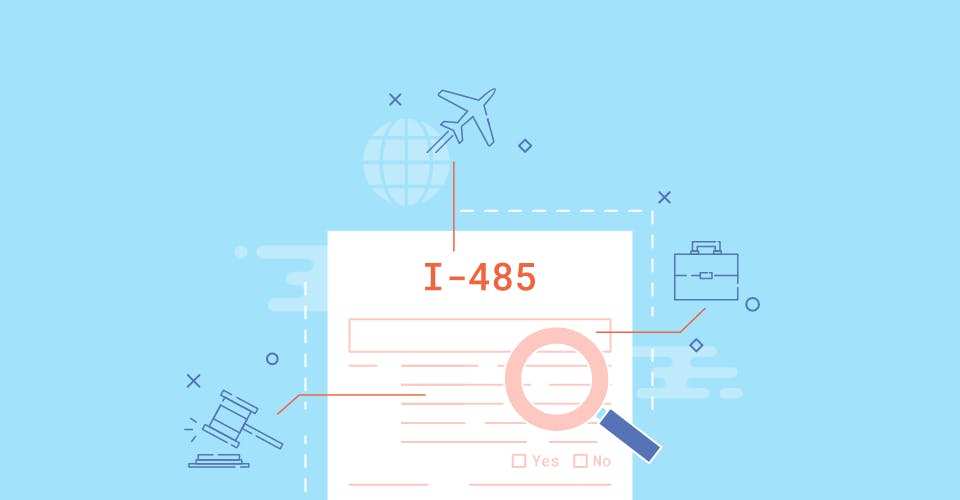Today, healthcare in the United States is fairly expensive across the board due to the private insurance market and monthly rates for decent plans. However, the coronavirus pandemic, along with many other factors such as being able to receive prescription drugs or antibiotics in the case of an infection demands having health insurance in order to avoid costly walk in fees as an uninsured citizen or non-citizen. Indeed, Covid-19 has put everyone’s health at risk, and some immigrants and non-immigrant visa holders may be considering the benefits they will receive if they are to go through the I-485 adjustment of status process.
This guide is meant to help such immigrants and non-immigrants who are interested in understanding the health insurance benefits, and access, as a legal permanent resident of the United States.
Background
Lawfully present green card holders are eligible to receive health insurance in the United States. This does not necessarily mean that such coverage will be affordable or that green card holders will have the most desirable plan, as the private marketplace is dictated by individual policy entities.
In short, LPRs can buy private health insurance on the marketplace in the same way that a U.S. citizen can. Now comes the part where we will discuss savings and options available.
Lower cost eligibility
LPRs may be eligible for lower costs or monthly premiums depending on their income. For example, if your annual income is at least 400 percent of the federal poverty level or below, you may be eligible for tax credits and other savings when it comes to marketplace insurance. However, if your annual household income is below the poverty level, and your not otherwise eligible for Medicaid, you could still be eligible for savings on marketplace insurance.
Many green card holders who have children are also interested in CHIP—Children’s Health Insurance Program, and Medicaid for themselves. The benefits of CHIP include a range of treatments such as annual check-ups, doctors visits, dental and vision care, and lab and X-ray services for kids. However, green card holders should be aware that there is a 5 year waiting period for both of these types of coverages. Exceptions apply to LPRs who are, or have qualified as:
- Refugees/asylees (need to have received official status, asylum seekers are still only applicants)
- Those paroled in the U.S. for one year
- Battered spouse, child or parent
- Victims of trafficking and derivative child/spouse or parent or individuals with a pending application for a victim of trafficking visa
- Members of federally recognized Indian tribe or American Indian born in Canada
- Cuban/Haitian entrants
- Conditional entrant granted before 1980
Additionally, each state is different when it comes to their healthcare policies. The one common theme that LPRs share with citizens is that when it is time for open-enrollment, green card holders can just as easily sign up for insurance.














